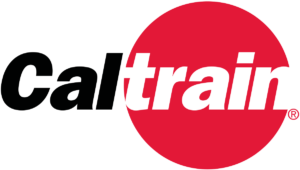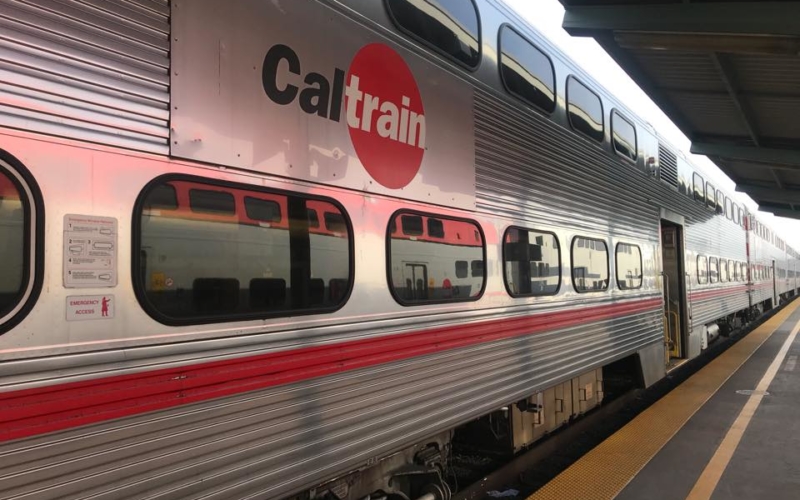 With nearly all ballots counted, voters in San Francisco, San Mateo, and Santa Clara counties have approved Measure RR, which will provide Caltrain its first ever source of dedicated funding.
With nearly all ballots counted, voters in San Francisco, San Mateo, and Santa Clara counties have approved Measure RR, which will provide Caltrain its first ever source of dedicated funding.
As the only Bay Area transit system without a dedicated revenue source, Caltrain is heavily reliant on passenger fares to maintain operations. That fare revenue has declined sharply during the coronavirus (COVID-19) pandemic and approval of Measure RR provides a lifeline that will allow Caltrain to maintain operations for the thousands of essential workers and other riders that continue to depend on the service.
“With this victory, Caltrain has a bright future as it will now be able to provide congestion relief throughout the corridor by serving tens of thousands of new riders with a vastly improved, modernized rail system,” said Caltrain Board Chair Dave Pine. “With new electric trains powered by clean energy, more frequent service, and stable and affordable fares, Caltrain will be able to realize its full potential as the backbone of public transit on the Peninsula. The people we serve have placed their faith in us with this vote, and with Measure RR we will continue to work to improve this vital service.”
In the long-term, the 30-year measure will allow Caltrain to invest in the operation and expansion of faster, more frequent electrified service with added capacity necessary to accommodate expected increases in ridership demand in the decades to come. It will also allow the system to advance equity policies to help ensure Caltrain is accessible and affordable to all members of the communities it serves.
Despite operating without a dedicated funding source, Caltrain has grown to become the seventh largest commuter railroad in the country, the largest carrier of bikes of any American transit system, and the nation’s most efficient railroad. But the system’s aging infrastructure is in dire need of replacement and rapidly growing ridership demand has quickly outpaced the railroad’s capacity.
To address these challenges, the agency secured funding to implement the $2 billion Caltrain Electrification project, which will replace the current diesel-based service with modernized, electric trains providing riders with increased frequency, reduced travel times, and enhanced reliability. In 2018, the agency also began developing the Caltrain Business Plan and identified the need for a dedicated revenue source to operate and expand electrified service. The Business Plan’s Long Term Service Vision will dramatically increase service throughout the corridor, creating capacity that puts the equivalent of 5.5 additional lanes of freeway traffic onto Caltrain instead of local roads.
“Caltrain is very thankful to the voters for making a decision to support a cleaner, greener and less congested future” said Caltrain’s Executive Director Jim Hartnett. “This funding will sustain Caltrain through this time of crisis, and will help evolve Caltrain to become the modernized mass transit system that the riders, residents, businesses and communities along this rail corridor deserve. We are humbled by the faith and trust you have put in us, and we are eager to get to work.”
The tax measure was made possible by legislation (SB 797) passed by State Senator Jerry Hill. The legislation allowed the Caltrain Board of Directors to place a measure on the ballot in all three counties, provided that the transportation agency and board of supervisors in each county concurred. The agency will begin collecting funds on the new tax on July 1, 2021.





